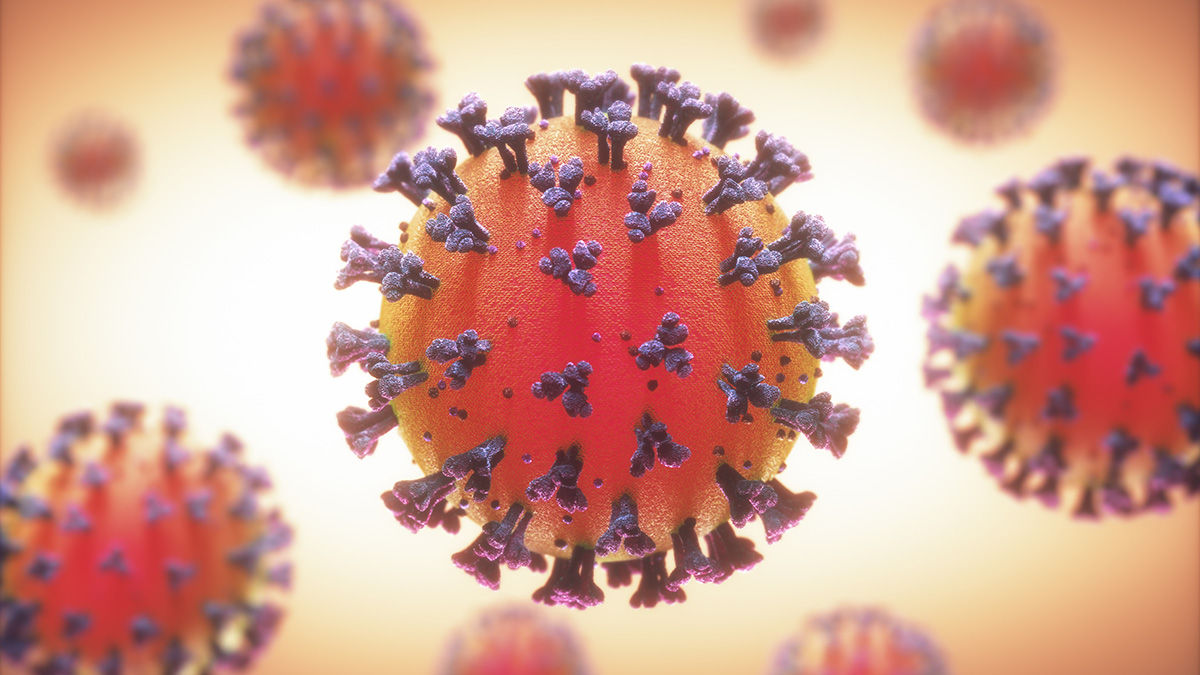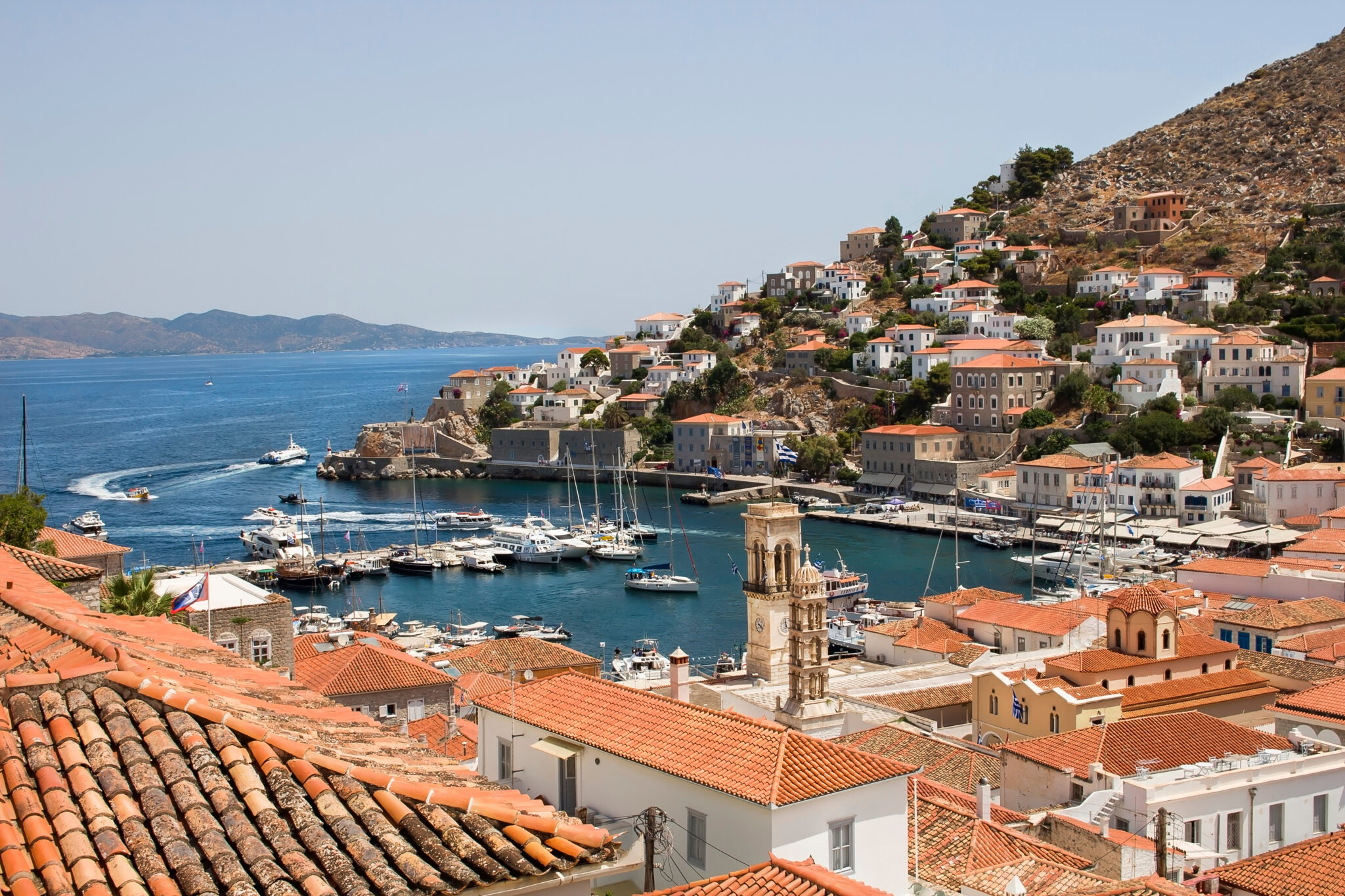Nobody wants to go back to a national coronavirus lockdown. France’s Emmanuel Macron and Spain’s Pedro Sanchez are ruling out blanket stay-at-home restrictions, even as Covid-19 cases surge higher. Their motives are clear: Another round of widespread lockdowns would tank the economy and split society, and would also be an admission of defeat from politicians and public-health officials who — like Sanchez — insist we are “better prepared” to control the epidemic than we were in the dark days of spring.
The less draconian strategy of combining preventative measures, while waiting for a vaccine to emerge, is a commendable one. But there are limits here, too. Mask policies are becoming tougher and more complicated, risking confusion and hostility. International travel curbs, which haven’t always proven effective or easy to enforce, are piling up again. And while testing and tracing are vital for improving our ability to catch cases, resource gaps remain. Spain is enlisting the army to help its efforts.
The tangle of rules will become harder to enforce as time goes on. History suggests citizens eventually chafe at epidemic edicts, from the mask “slackers” of the 1918-19 Spanish flu to the residents of 19th-century Naples who, as historian Frank Snowden tells it, protested anti-cholera rules by eating vast quantities of fruit the authorities might confiscate. There’s a shelf life to such measures.
Shinzo Abe to step down as Japanese prime minister
New emphasis needs to be put on the curative on top of the purely preventative. While vaccines loom large in the collective imagination, finding a treatment for the virus would be the real game-changer. It would likely be cheaper and quicker to manufacture than a vaccine and lessen risks such as low take-up or a fight over doses. Halting infection or deaths would rob Covid-19 of its most terrifying traits.
Read more: Bloomberg
Ask me anything
Explore related questions





